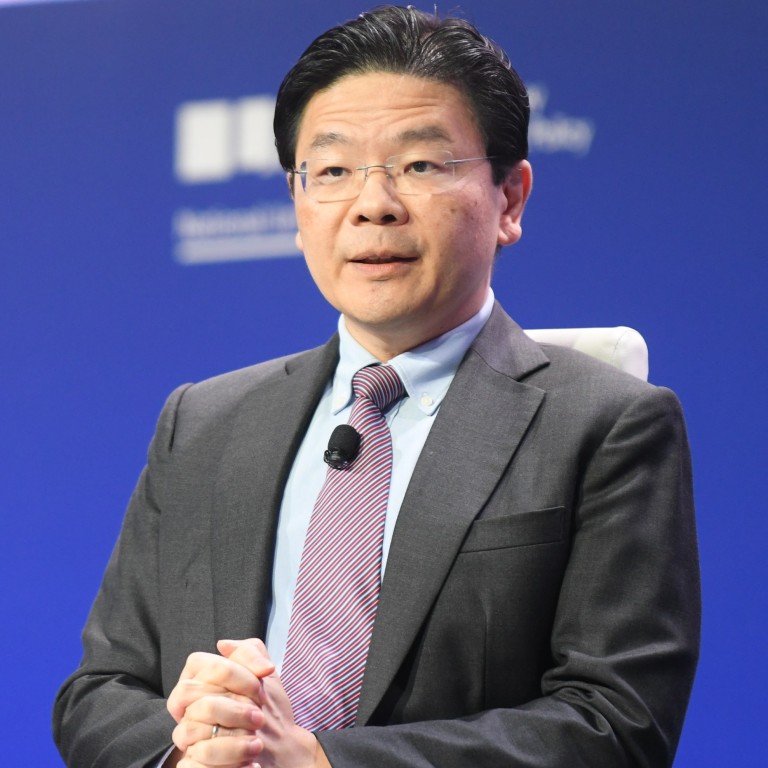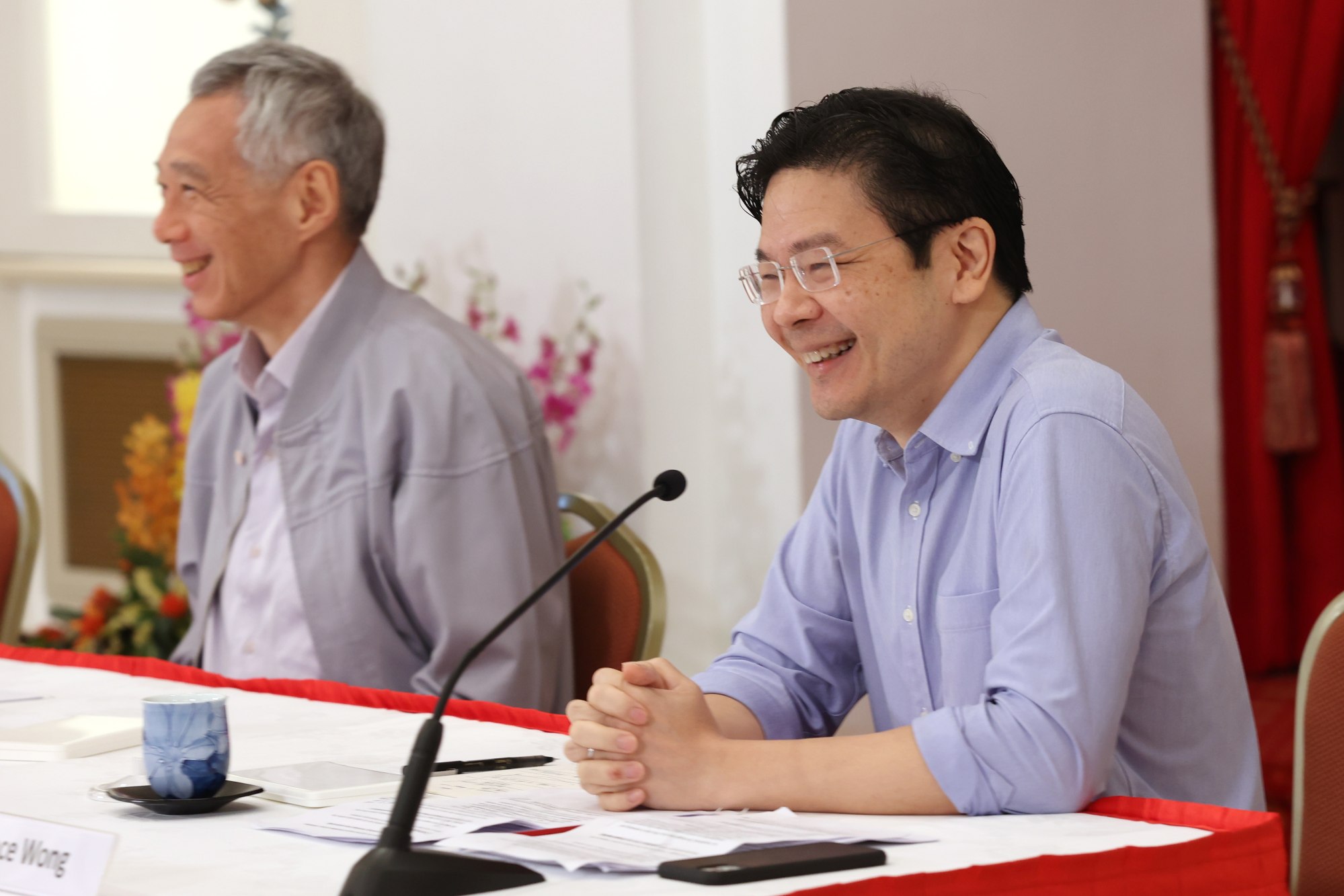
‘Extreme’ US-China rivalry could be ‘disastrous’ for global economy: Singapore’s Lawrence Wong
- Singapore’s No 2 leader says various Western tech curbs are unlikely to ‘keep China down’
- But he warned that the ‘collateral damage’ from financial measures amid the US-China economic row was unknown
In a wide-ranging dialogue session, Deputy Prime Minister Wong said he believed that the West’s various restrictions targeting Beijing’s access to cutting-edge technologies were unlikely to “keep China down”.
Wong said Washington’s China policy was set to be “the big issue in the world”.
Given that the US was set on “extreme competition” with China, Singapore was concerned about “what can go wrong and it is dynamic, because one country does something and the other country can retaliate”, said Wong.
US, China have ‘irreconcilable differences’ but can coexist: Singapore minister
“The dynamic that’s now being created because of the US-China extreme competition will lead us down a path that will be disastrous for the global economy,” Wong said.
Biden limits US investments in China tech, makes ‘emergency’ declaration
Asked about the impact of Western technological restrictions on China, Singapore’s deputy prime minister said China’s various modernisation efforts – including that of its military – were unlikely to be derailed.
“There will be a trade-off in terms of performance, in terms of power consumption, in terms of reliability – but you can design a workaround solution,” Wong said. “Yes, it will slow down China’s access to high-end capabilities to some extent, but it’s not going to keep China down forever.”

Pressed by the dialogue moderator and CNN anchor Fareed Zakaria on what he drew from the PAP’s recent setbacks, Wong said he had learned from his broader experience in government to “have a sense of equanimity”.
“When things go right, when things go well for us, people praise us and say we are number one, and we are the ‘gold standard’,” Wong said, adding that the party could not “let that go into our heads”. On the flip side, when they were challenges, it was important to learn from them, he said.
Asked by Zakaria on the position Singapore would adopt if Taiwan were to be attacked by mainland China, Wong said he did not want to be drawn into hypothetical situations. He emphasised Singapore’s adherence to the one-China policy, much like others in the region.

